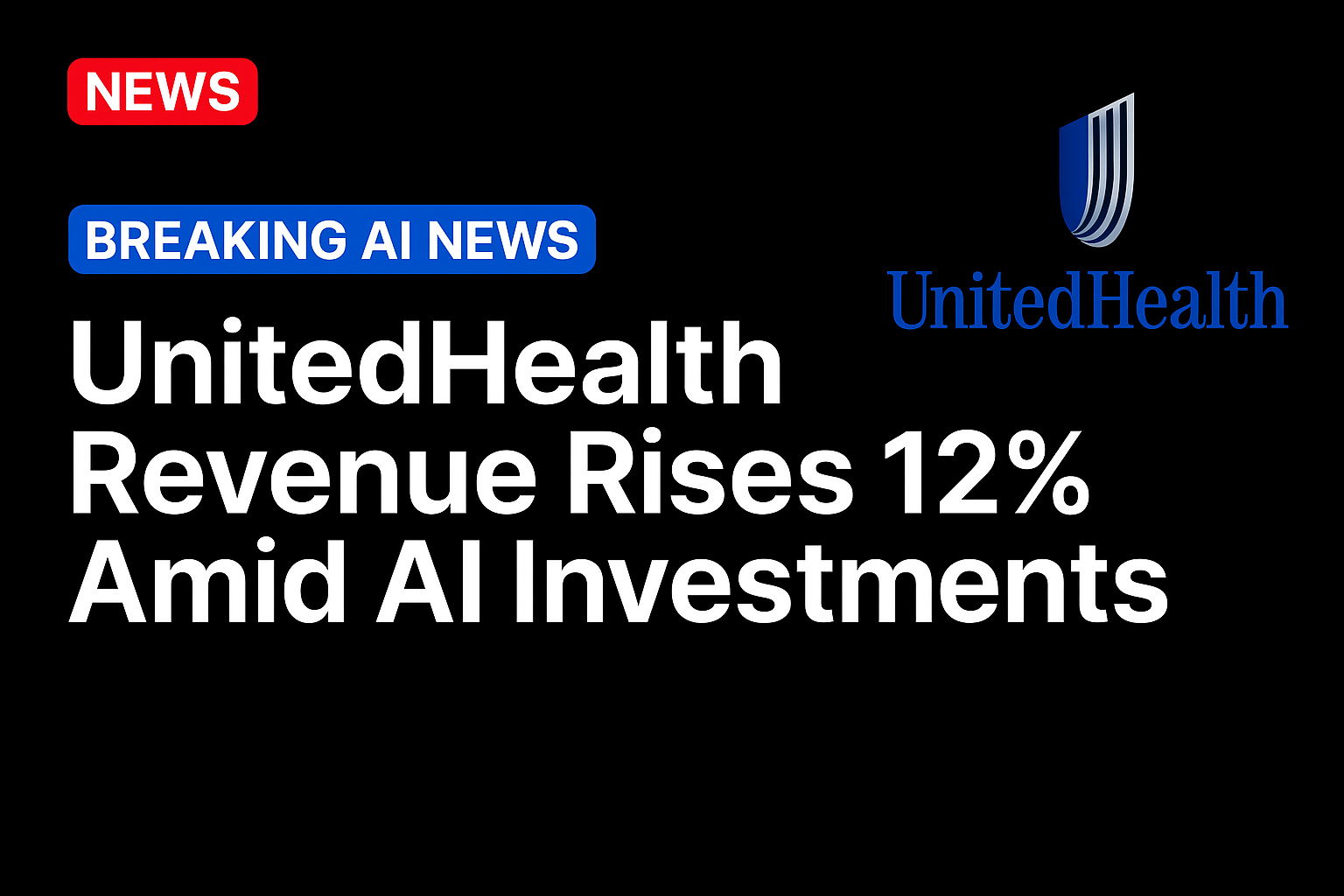
UnitedHealth Group says tech investments are key to its ongoing turnaround strategy.
The insurer announced quarterly earnings Tuesday (Oct. 28) showing consolidated revenues of $113.2 billion, a 12% increase year over year.
Speaking during an earnings call, the company’s management team noted the different ways UnitedHealth and its various arms were using technology such as artificial intelligence (AI) to boost performance. For example, Tim Noel, CEO of UnitedHealthcare, said that almost 85% of member inquiries are served digitally, with 90% of calls answered within thirty seconds, and 95% of members’ questions resolved in the first interaction.
“We’re also aggressively scaling AI and machine learning capabilities to enhance these experiences and optimized core performance,” he said.
“While 2025 remains a transition year, the pressure we experienced is largely a result of mispricing and suboptimal market positioning. We remain humbled by the challenges of this environment and the lessons we’ve had to learn once again, but confident that we are on solid footing to recapture our performance potential.”
Elsewhere, the company touted the recent debut of Optum Real, which it says is the industry’s first real time platform for claims and reimbursements.
A report on the tool last week by Bloomberg News said Optum Real had sped up prior authorization requests and reduced medical claims denials “meaningfully” during a pilot at Minneapolis-based hospital system Allina Health.
The system has reduced denials by flagging claims that need more documentation before they are submitted, the report added. Dave Ingham, chief digital and information officer at Allina, told the news outlet that the system prevents the disappointment of denials and reduces paperwork.
An additional report in May said that the company had more than 1,000 AI applications in production, for use across its insurance, health delivery and pharmacy divisions.
UnitedHealth is making these investments at a time when as PYMNTS wrote earlier this month, AI is moving into the operational aspects of healthcare, with hospitals “deploying AI agents for repetitive work that summarize records, manage patient intake, and coordinate follow-up care, all with the goal of freeing staff for direct clinical work.”
Adoption may still be gradual, that report added, but the direction is clear. Leaders in the health sector now view AI as critical infrastructure for sustaining operations. As the American Hospital Association puts it, “operational innovation is no longer optional; it’s essential for maintaining access and stability.”
Source: https://www.pymnts.com/

